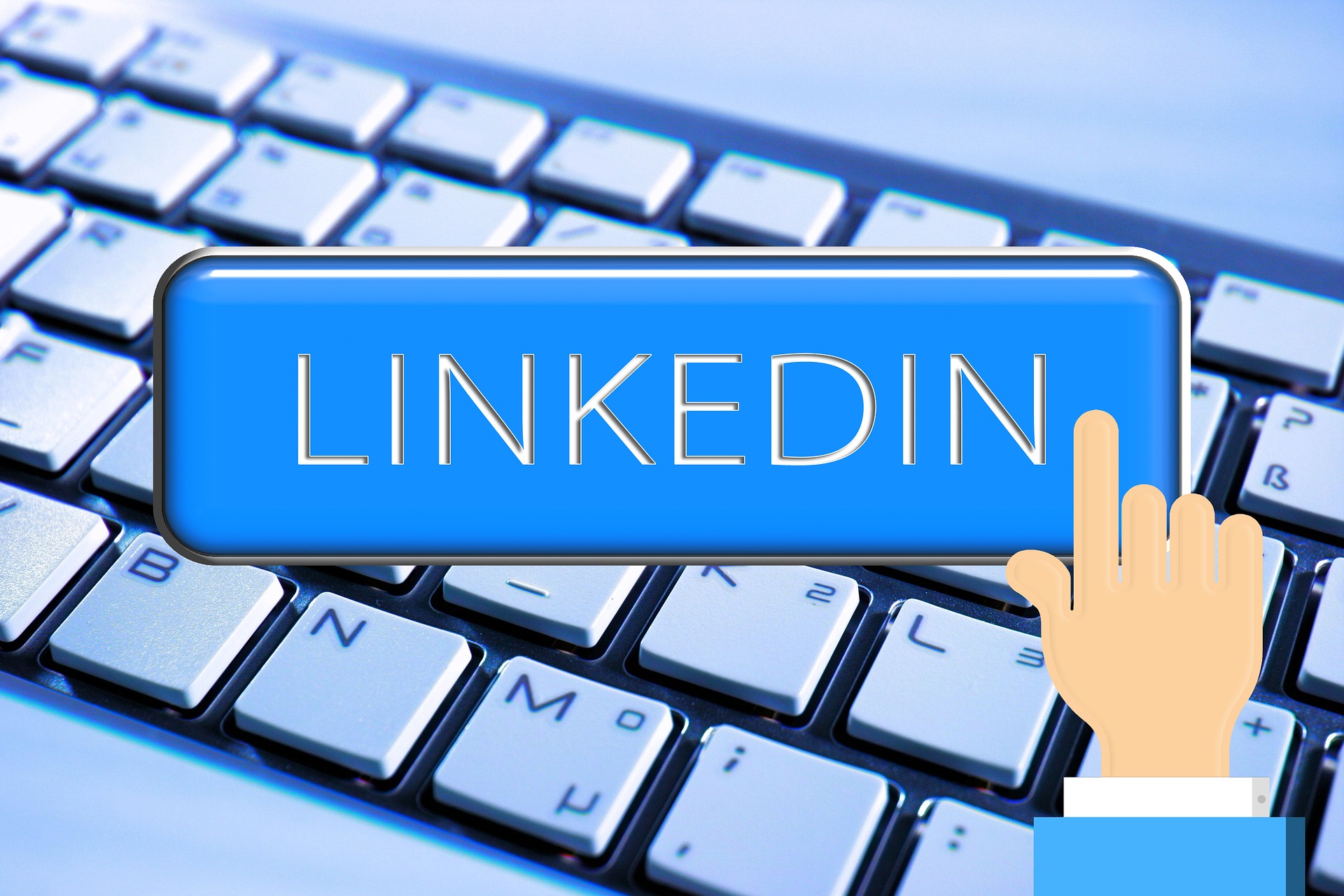The Value of Being Endorsed on LinkedIn

You probably get notices through LinkedIn when one of your online connections has endorsed you and then the person’s photo appears on your LinkedIn profile page under the endorsement section. Well, you understand that being endorsed is a good thing; however, does it really help you to advance professionally?
What do you gain by being endorsed?
There are generally two opinions when it comes to being endorsed (those opinions are from the people who are being endorsed, not the people who are doing the endorsing). For any given LinkedIn profile, there are a variety of skills and areas of expertise on which you can receive and endorsement.
Otherwise, it doesn’t mean very much. In addition to your being made aware of who is endorsing you and for what, other people who are connected to you on LinkedIn can also see those endorsements. Sometimes, that will make the person who is seeing the endorsement (but not the endorser) want to endorse you as well. Of course, all of that is a good thing. Even if you are on the fence when it comes to LinkedIn endorsements, there are undoubtedly some positive attributes to that part of the social media tool.
-
Key phrase and keyword optimizing: When it comes to the search engines and how they allow people who are conducting searches to find you and your business, endorsements can certainly help. The simple reason for that is that if you have a healthy amount of endorsements, it will positively affect your search engine rankings. The truth is that many people who are searching on the Internet are doing so for a variety of reasons and when they arrive at your website, they are not all looking for the same thing. That just makes you and your business even more appealing and even more valuable.
-
Creating a positive perception: If you were to go out on a limb at this point and say that you are well aware that not all of the endorsements that you have received through LinkedIn up to this point were from people with whom you share a close relationship and who know you very well, the endorsement still holds a lot of value and meaning. No matter who you deal with in life and no matter what the capacity of that connection is, you are still creating a perception.
If you have many endorsements, the chances are very good that other people will perceive you in a much more positive light than if you have few or no endorsements to your credit. Your positive perception is particularly important at the beginning of your professional relationship with the other person. That is when you need to rely on that perception the most, when the person doesn’t really know you yet. Once you get to know each other better, the other person will totally understand that the perception that he or she has of you is based on reality. Until then, it is much less secure (although you know that it is true).
-
Expressing gratitude: Assuming that you have many positive online professional relationships with other people, you should be driven to some extent by “One hand washes the other.” In other words, if a person does something fair and kind for you (that person goes above and beyond), you should return the favor. That is one of the ways that you grow your relationship with the other person. Of course, you must realize that there is no such thing as a one-sided relationship.
If you have a meaningful relationship (personal or professional), you must both give to each other. It is really that simple. Of course, it goes without saying that your endorsement must be genuine and honest. You should only endorse the other person for those skills that you know are exemplary. If you have never experienced a particular skill that the other person has listed in his or her LinkedIn profile page, don’t endorse the person for that particular skill. It just isn’t honest or credible.
-
Engaging other people: If a person endorses you for your particular skill set, it is an open-door opportunity to engage that person. If you start to interact, you can start to develop a relationship with that person and, hopefully (and ultimately), you will eventually get the person to buy whatever you are selling. Of course, that may be a long way off. Most important at the moment is your need to develop a relationship with the other person. Your goal should be to solve the other person’s problem (whatever that may be) and to get the person to think of you as the top expert in your niche.
Conclusion
LinkedIn’s endorsement feature is valuable and it can really take you far. It also serves to affirm your professional value to your online connections. Often, people don’t have to be asked to endorse other people. It is just something that they are more than willing to do. Of course, LinkedIn makes it easy for them because it asks the person if he or she would like to endorse the person whose profile he or she is visiting. It is worth leveraging because it holds value for you and your business. Endorsements strengthen the perception that other people have of you. They are another positive aspect of your professional repository.
We are pleased to provide you with the insightful comments contained herein. For a complimentary assessment of your online presence, let’s have coffee.

|



